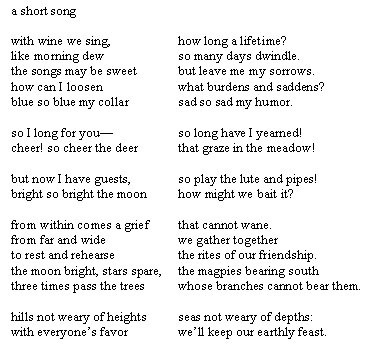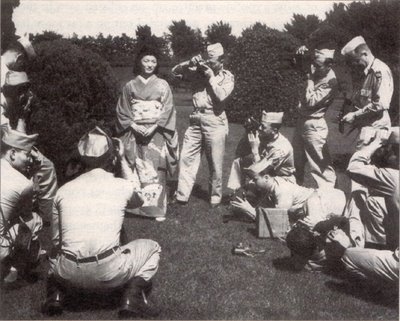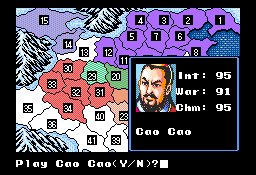Shiina Ringo's Magic Powers
The punk scene in Japan is somewhat touch and go. Occasionally, you see a somewhat original act come along but most of it is just a bad Green Day rip off or costume rock. So, when Shiina Ringo put together a new band, The Tokyo Incidents (東京事変), I was somewhat hopeful for the future of Jpop. I've given a thorough listen to both albums they've put out in the past couple of years, and with the exception of Shiina's recent tendency to sing through a megaphone, both albums are entirely solid productions.

But--there's always a butt with me--Shiina at some point in her musical education managed to acquire the most amazing talent: the ability to take any given song, even those that should by all rights rock the house, and in performance make it seem downright boring. I thought possibly this was a feature of the "artsy-fartsy" music videos directors feel the need to churn out these days, but the same seems to be true of her live performances as well. At times, it looks like she'd much rather pop a squat on the monitor and crack open any one of the numerous disgusting canned coffees you can buy here.
Of course, this is neither typical of Japanese punk nor of a particular feminine performance trope. The Pillows easily dispell the former and Yoshida Miwa (of the band Dreams Come True) the latter. Though, admittedly, she (Yoshida) is the only Japanese woman I've ever seen who can work the pimp hat. I go so far as to mention this, because one of the aforementioned mantics has proclaimed Shiina Ringo the messiah who will save Jpop from it's uglier tendencies to imitate the west. I am, in fact, starting to get sick of the occasional sweaty who picks up a copy of something by Zizek and let's it "blow his mind" or something like that.
I have in the past described Shiina's music as mesmerizing; perhaps stupifying was the correct participle.







